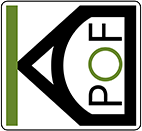IPCEI Funds for KDPOF’s Packaging Plant in Spain
KDPOF proudly announced that the European Commission has granted access to the 8.1 billion European investment IPCEI for their projected packaging plant for optoelectronic devices in Spain. “The funding supports us in making our plans of manufacturing ICs in Europe come true in the near future,” stated Carlos Pardo, CEO and Co-founder of KDPOF. “European fabs only manufacture approximately 10 percent of semiconductors worldwide, making us dependent on Asia and the United States. We will pioneer the manufacturing of automotive optoelectronics in Spain in high volume, thus reducing this dependency.”
ICs Made in Spain
Close to their headquarter in Tres Cantos, Madrid, KDPOF is advancing a high-quality packaging factory for state-of-the-art optoelectronic devices. In addition, KDPOF is developing a new and innovative optoelectronics packaging technology. It will be applied for the first time to produce the upcoming transceiver IC for high-speed automotive optical communications. Incorporating AI, sensors, and processors in self-driving vehicles requires KDPOF’s technology to interconnect all components robustly and inexpensively using fiber optic links within the vehicle. Since 2014, with the launch of the first transceiver, KDPOF leads high-speed optical communications for the automotive industry and has international clients like Daimler.
IC Manufacturing: Silicon Wafer, Assembly and Testing
The manufacture of a chip consists of three fundamental processes: the first is the creation of a silicon wafer that serves as the basis for the microchip, the second is the assembly, and the third is the testing to ensure quality. It is these last two steps that KDPOF brings to Tres Cantos. “The manufacturing of the silicon wafer is a process that requires very large volumes to be profitable, and for a small company it can hardly be profitable,” added Carlos Pardo. “For the latter two phases, which are packaging and testing, the machines needed are relatively inexpensive. These stages can be done at more reasonable volumes, as we have now in the automotive industry. We’re excited about building an encapsulation and testing factory in Madrid for large volumes.”
IPCEI EU Funding for Microelectronics in Europe
The European Commission has approved, under EU State aid rules, an “Important Project of Common European Interest” (IPCEI) to support research, innovation and the first industrial deployment of microelectronics and communication technologies across the value chain. The project, called “IPCEI ME/CT”, was jointly prepared and announced by fourteen member states: Austria, Czechia, Finland, France, Germany, Greece, Ireland, Italy, Malta, the Netherlands, Poland, Romania, Slovakia, and Spain. The member states will provide up to 8.1 billion Euro in public funding, which is expected to unlock an additional 13.7 billion Euro in private investments.
There are 56 companies participating in this project. Among the Spanish companies are Innova IRV Microelectronics, KDPOF, Openchip, and Semidynamics Technology Services. The proposal has a deadline of development in 2032, although the intent is that the commercialization of products will take place beginning in 2025. It is also expected that these 68 projects will generate a total of 8,700 direct jobs.
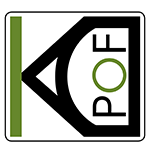

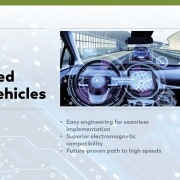
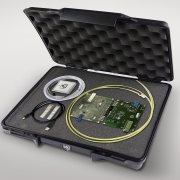
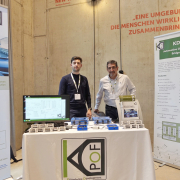
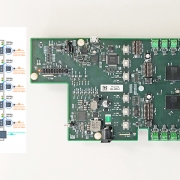
 ECOC
ECOC
